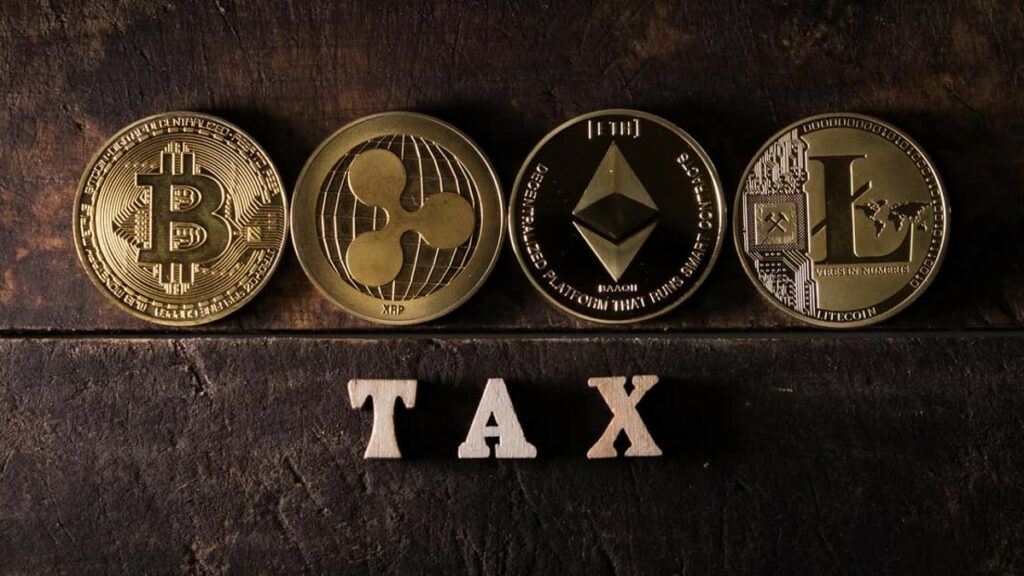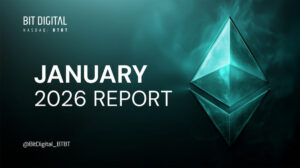The United States Internal Revenue Service (IRS) recently announced that any staking rewards obtained from validation activities within a Proof-of-Stake (PoS) network must be reported and included in a taxpayer’s gross income.
Proof-of-stake (PoS) networks have gained traction as a popular alternative to the traditional Proof-of-Work (PoW) consensus mechanism.
In PoS networks, participants, often referred to as validators, are chosen to create new blocks and validate transactions based on the number of coins they stake or hold as collateral. In return for their contributions to network security and validation, validators are rewarded with additional cryptocurrency tokens.
Cryptocurrency Staked are Taxable Once Received says IRS
As per the new stance, the IRS said that if a taxpayer stakes cryptocurrency native to the PoS blockchain and gets additional units of cryptocurrency as rewards when validation occurs, the market value of the validation rewards received must be included in the taxpayer’s gross income in the taxable year.

This, in turn, enables the taxpayer to gain dominion and control over the validation rewards. Gaining dominion means, the investor can sell, exchange, or otherwise dispose of the cryptocurrency rewards. Notably, the fair market value is usually determined by the exact date and time the taxpayer gains dominion over the validation rewards.
Meanwhile, the IRS’s decision to include these rewards as part of a taxpayer’s gross income signifies a significant step in clarifying the tax treatment of cryptocurrency-related activities. In the past, there has been some uncertainty and confusion surrounding the tax implications of earning rewards through PoS networks. However, this new guidance from the IRS aims to provide clarity to taxpayers and ensure compliance with tax regulations.
It is worth noting that this guidance applies specifically to validation activities within the Proof-of-Stake networks and the rewards earned through such activities. Other cryptocurrency-related transactions, such as buying, selling, and trading digital assets, may still be subject to existing tax rules and regulations.
As the popularity and usage of cryptocurrencies increase, taxpayers are encouraged to stay informed about tax obligations related to their digital asset activities. Notably, the IRS updates come as regulators have looked at some staking services provided by exchanges in the United States.
Recall that the Securities and Exchange Commission (SEC) had shut down Kraken Exchange’s crypto asset staking-as-a-service program and forced the global exchange to pay a fine of $30 million in restitution, pre-judgement interest, and civil penalties.









